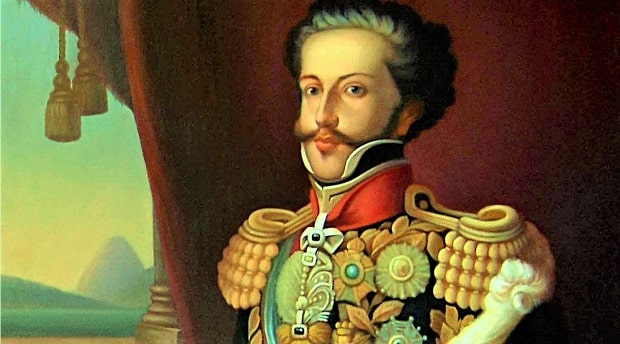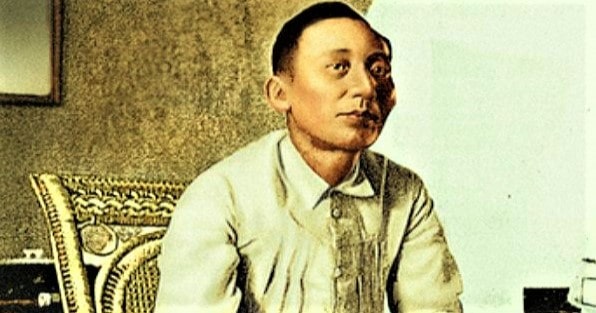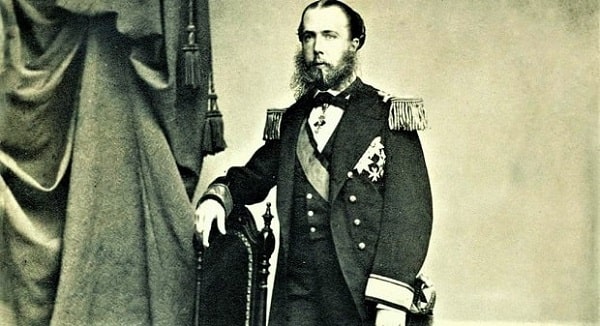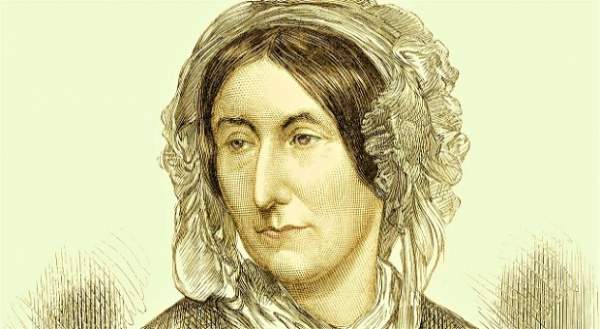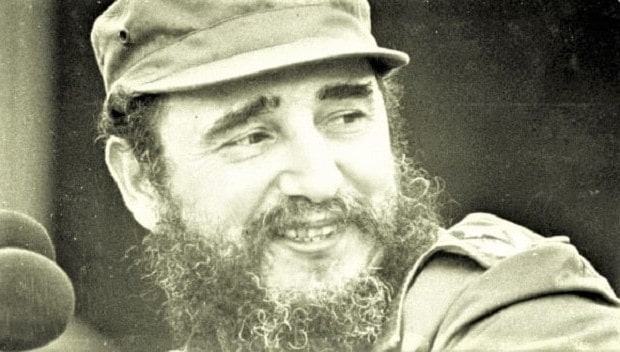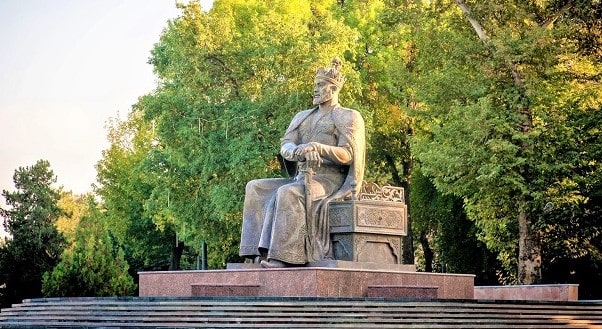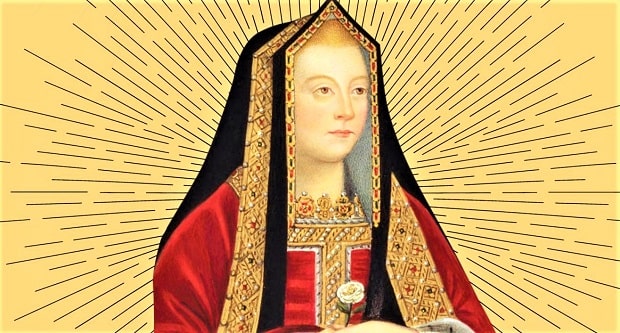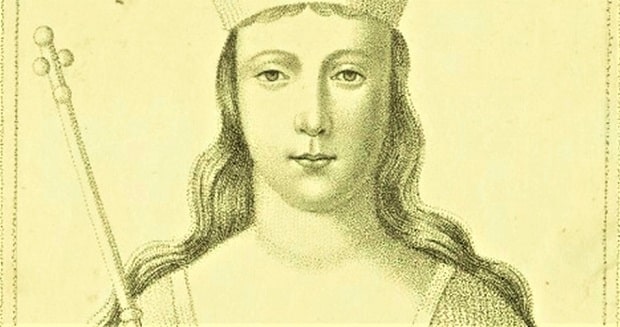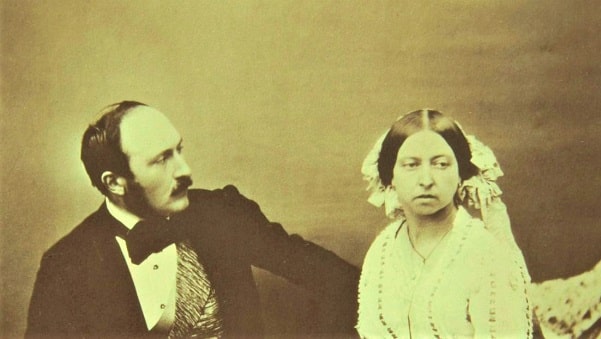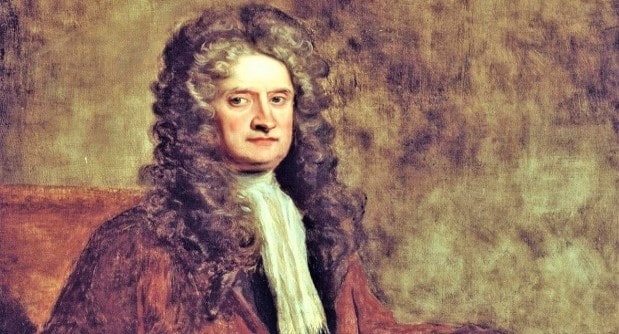Dom Pedro I | Biography, Emperor of Brazil, Quotes & Death
Dom Pedro I is also known as Peter I (born on October 12, 1798, in Queluz, died on September 24, 1834, in Queluz) was the Emperor of Brazil from 1822 to 1831 and King of Portugal under the name Peter IV in 1826. He came from the Braganza house.
Dom Pedro I full name was, in Portuguese : Pedro de Alcântara Francisco António João Carlos Xavier de Paula Miguel Rafael Joaquim José Gonzaga Pascoal Cipriano Serafim .
Quick Facts: Dom Pedro I
Known for: Declaration of independence of Brazil and to serve as emperor
Also known as: Pedro de Alcântara Francisco António João Carlos Xavier de Paula Miguel Rafael Joaquim José Gonzaga Pascoal Cipriano Serafim, The Liberator, the King Soldier
Born October 12, 1798, at the Queluz Royal Palace, near Lisbon, Portugal
Parents: Prince Dom Joh...
